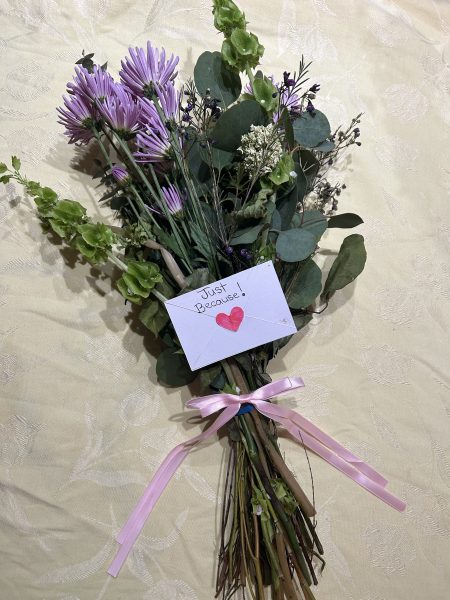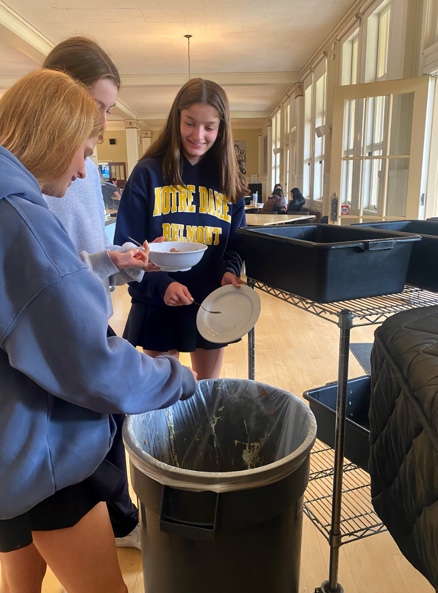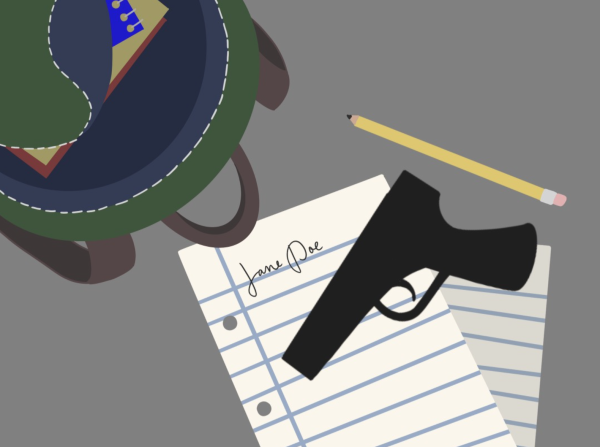What the case of Cyntoia Brown can teach us
Cyntoia Brown is a 30 year old woman who was recently released on parole after spending 12 years in a Tennessee Women’s Prison.
She grew up with Fetal Alcohol Syndrome, meaning that she experienced some developmental issues in her childhood due to her mother’s alcohol abuse during pregnancy. Brown also grew up in an abusive household and ran away from her adoptive parents home.
She later became involved in a prostitution ring in Nashville, Tennessee as a young teen. She was abusing drugs and alcohol at the time and eventually a man named “Cut Throat” forced her into prostitution and started being sexually and physically abusive to her. She later escaped him and was solicited for sex by a man named Johnny Mitchell Allan, whose advances she tried to resist, but eventually ended up fatally shooting him.
In 2006 she was sentenced to life in prison after being convicted of first degree murder, first degree felony murder, and aggravated robbery. She was tried as an adult and her actions were not considered self defense because she took Allan’s wallet after he was dead.
This case is not unique. Many other sexual abuse and trafficking victims who manage to escape are either not believed and not supported or face prison time for killing their captors/abusers in self defense. However, it is particularly appalling that Cyntoia Brown was tried as an adult at only 16 years of age, with a development disorder that would make her even more vulnerable to abuse and misunderstanding of the law.
It is important that we understand that the deck is stacked heavily against abuse survivors, particularly if they are female, a person of color, and suffer from mental illness or disabilities. We must learn from this example to listen to abuse survivors and provide them with the rehabilitation and support they need instead of further traumatizing them in a prison.
Brown even expressed her aspirations for a better future in her statement in court, “I am committed to live the rest of my life helping others, especially young people. My hope is to help other young girls avoid ending up where I have been.”




